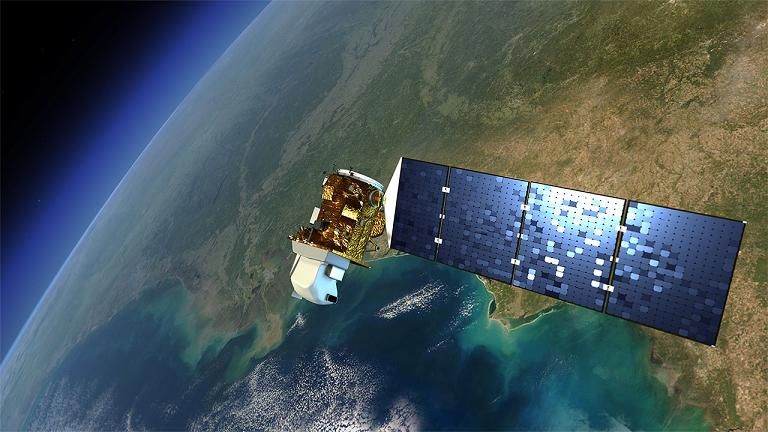Europe announces free, open access to environmental satellite data
The European Commission has announced it will allow free, full and open access to a wealth of vital environmental data gathered by Europe's Earth observation system, Copernicus.

The European Commission has announced it will allow free, full and open access to a wealth of vital environmental data gathered by Europe's Earth observation system, Copernicus.
Launching next month, the new open data distribution system, will support the critical task of monitoring the environment and will also help create new jobs and business opportunities.
Studies show that Copernicus — which includes six dedicated satellite missions, to be launched between 2014 and 2021 — could generate € 30 billion and create around 50.000 jobs by 2030. Sectors likely to benefit from Copernicus will be services for environmental data production and dissemination and the space manufacturing. Other industries, such as transport, oil and gas, insurance and agriculture, will also benefit indirectly from accurate earth observation.
Furthermore, the new open data dissemination scheme will help citizens, businesses, researchers and policy makers integrate the environment into every activity and decision making processes.
European Commission Vice President, Antonio Tajani, stated that the open data strategy is crucial for realising the full potential of the Copernicus programme and Earth observation markets in general. The 'Copernicus economy' will grow through attracting investment in the innovative applications market which is currently striving to meet increasing user demands for new services.
The services provided by Copernicus are already vital for monitoring the areas hit by natural disaster, and the new open data scheme will provide vital support disaster relief teams. For example Copernicus recently provided the civil protection with images of the most damaged areas hit by the Typhoon Haiyan in the Philippines, which contributed to organising recue missions.
Janez Potočnik, The European Commissioner for the Environment, asserted that Copernicus is a critical part of the shared environmental information infrastructure and that it has the potential to drastically improve the implementation of environmental policies.
"Environmental policy making depends on up-to date, accurate and comparable data on the current and future state of the Earth. Free, full and open access to Copernicus earth observation data represents a key contribution to good environmental governance in Europe."






